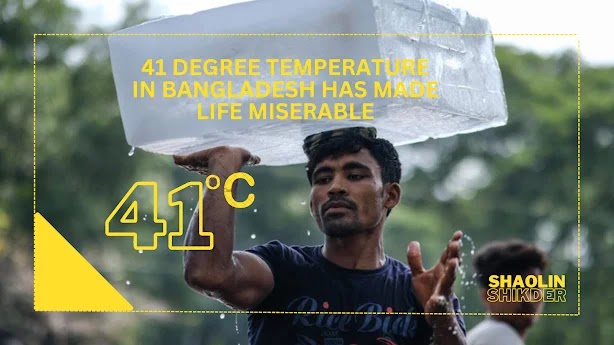The situation in Palestine remains a complex and deeply entrenched conflict, with no easy solutions in sight. For decades, the region has been plagued by political tensions, historical disputes, and ongoing violence. This article will provide an overview of the situation in Palestine, its historical context, the key actors involved, and the challenges to achieving a lasting peace.
Historical Background
The roots of the Palestinian-Israeli conflict trace back to the early 20th century, when Zionist Jews began immigrating to Palestine, which was then under Ottoman rule. This marked the beginning of a territorial dispute that has continued for over a century.
In 1947, the United Nations proposed a plan to partition Palestine into separate Jewish and Arab states, leading to the establishment of the state of Israel in 1948. This decision was met with opposition from neighboring Arab nations and led to the First Arab-Israeli War. The outcome of the war resulted in the displacement of hundreds of thousands of Palestinian Arabs, which remains a contentious issue today.
Current Situation
The situation in Palestine is characterized by various ongoing conflicts and disputes:
1. Israeli-Palestinian Conflict: The core of the issue centers on the Israeli occupation of the West Bank and Gaza Strip, which began following the 1967 Six-Day War. Palestinians argue that the occupation has led to the violation of their human rights and the continued expansion of Israeli settlements in the territories, making the prospect of a two-state solution increasingly difficult.
2. Gaza Strip: Gaza, controlled by Hamas since 2007, has been the site of numerous conflicts, including three major military operations between Israel and Hamas. The blockade of Gaza has led to severe humanitarian issues, including limited access to essential goods, healthcare, and education.
3. Jerusalem: The status of Jerusalem is a significant point of contention, with both Israelis and Palestinians claiming the city as their capital. The recognition of Jerusalem as Israel's capital by the United States in 2017 exacerbated tensions.
4. Refugees: The issue of Palestinian refugees remains unresolved, with millions living in refugee camps in various countries. The right of return for these refugees is a critical element of any potential peace agreement.
Key Actors
Numerous actors are involved in the ongoing Palestinian-Israeli conflict:
1. The State of Israel: Israel is a key player in the region, with its government's policies and actions influencing the dynamics of the conflict.
2. Palestinian Authorities: The Palestinian territories are divided between the West Bank, governed by the Palestinian Authority, and Gaza, controlled by Hamas. The divided leadership has presented a challenge to achieving unity and negotiating peace.
3. Regional Powers: Countries in the region, such as Egypt, Jordan, and Saudi Arabia, have interests and influence in the Israeli-Palestinian conflict.
4. International Community: The United Nations, the European Union, and individual countries play roles in mediating and supporting peace negotiations.
Challenges to Peace
Achieving a lasting peace in Palestine remains a formidable challenge due to several factors:
1. Political Divisions: The division between the West Bank and Gaza, with different governing authorities, complicates the prospect of unified Palestinian representation in peace talks.
2. Settlement Expansion: The growth of Israeli settlements in the West Bank remains a major point of contention, as it reduces the territorial viability of a Palestinian state.
3. Security Concerns: Israel cites security concerns as a reason for maintaining a military presence in the West Bank and for the blockade of Gaza.
4. Historical Trauma: The deep historical and emotional wounds on both sides make compromise and reconciliation difficult.
Conclusion
The situation in Palestine is a long-standing conflict with deeply rooted historical, political, and territorial issues. Achieving a lasting peace will require difficult compromises and negotiations from both sides, as well as the support of the international community. It is crucial that the people of Palestine and Israel, who have suffered for generations, find a way to coexist peacefully, respecting each other's rights and aspirations.







